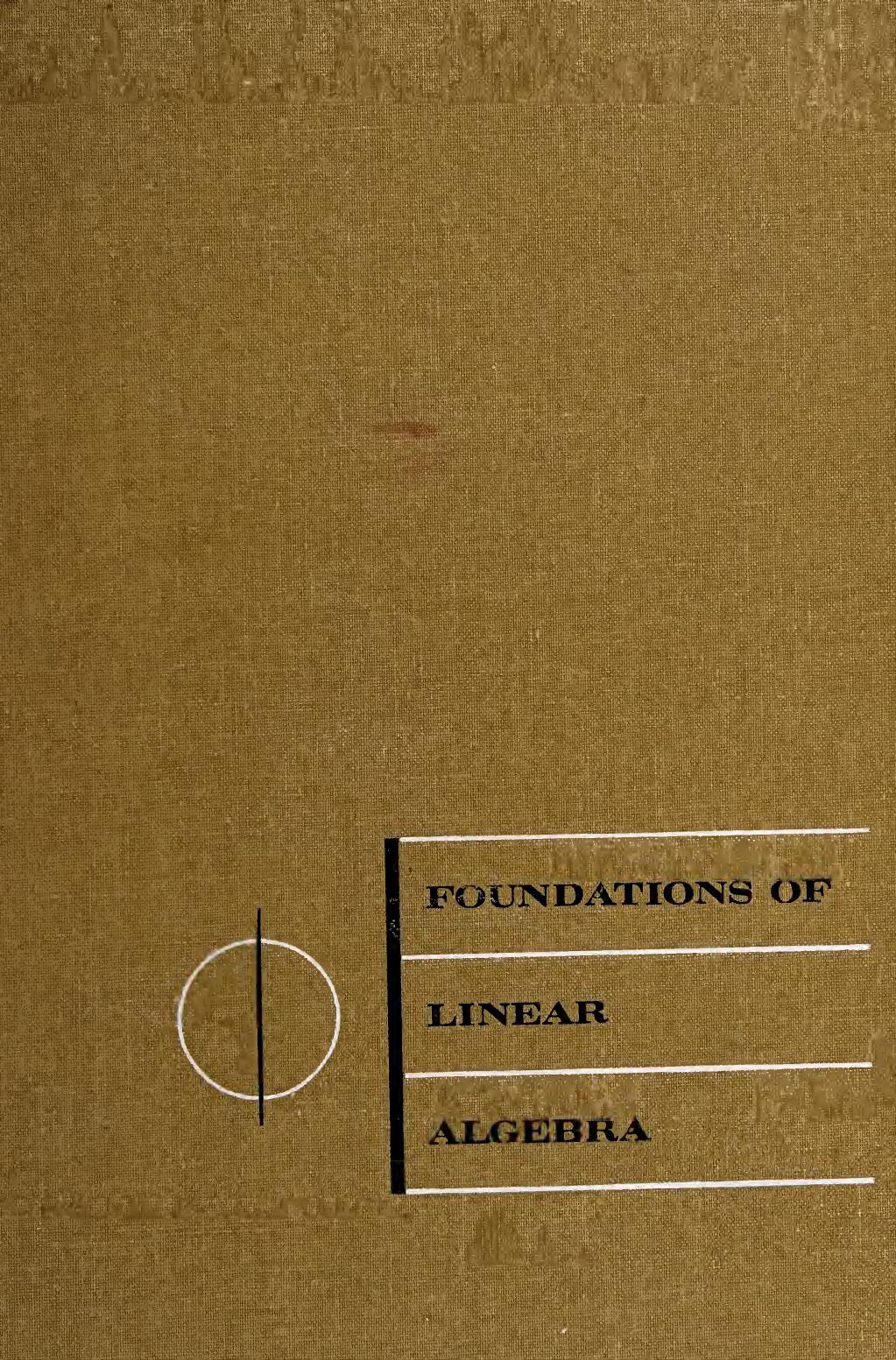

Most ebook files are in PDF format, so you can easily read them using various software such as Foxit Reader or directly on the Google Chrome browser.
Some ebook files are released by publishers in other formats such as .awz, .mobi, .epub, .fb2, etc. You may need to install specific software to read these formats on mobile/PC, such as Calibre.
Please read the tutorial at this link: https://ebookbell.com/faq
We offer FREE conversion to the popular formats you request; however, this may take some time. Therefore, right after payment, please email us, and we will try to provide the service as quickly as possible.
For some exceptional file formats or broken links (if any), please refrain from opening any disputes. Instead, email us first, and we will try to assist within a maximum of 6 hours.
EbookBell Team

4.0
96 reviewsIn linear algebra one studies three kinds of objects; matrices, linear spaces,
and algebraic forms. The theories of these objects are so closely related
that most problems of linear algebra have equivalent formulations in each
of the three theories. The matrix point of view, which underlies the present
exposition is the one best adapted to actual calculations. On the other hand,
most problems of linear algebra that arise in geometry and mechanics lead
to algebraic forms, while the best understanding of the internal connections
between different problems of linear algebra is obtained by means of linear
spaces. Therefore the ability to pass from are type of formulation to another
is one of the most important skills to acquire in the study of linear algebra.
From the point of view of the theory of forms, linear algebra falls
naturally into three parts: the theories of linear forms, of bilinear and
quadratic forms, and of multilinear forms. Linear algebra proper usually
encompasses linear and bilinear forms, and the very beginnings of the theory
of multilinear forms as tensor algebras. The more delicate questions of the
theory of multilinear forms belong to the theory of invariants and are not
included in this book.
Linear algebra is a branch of mathematics as old as mathematics itself.
The solving of the equation ax + b = 0 may be considered the original problem
of this subject. Although this problem presents no difficulty, the method
which solves it, together with the properties of the corresponding linear
function = ax + b, are the initial models for the ideas and methods of all of linear algebra. For example, the fundamental idea behind the solution of
a system of linear equations in several unknowns is that of replacing such
a system by a chain of these simple equations.
The study of systems of linear equations acquired new significance after the
creation of analytic geometry; it was possible to reduce all the fundamental
questions about the
…